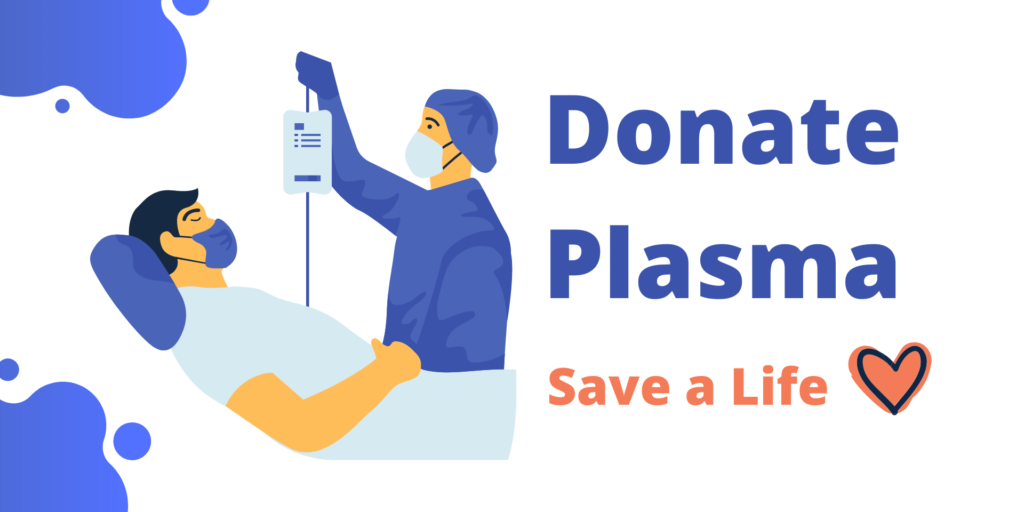Understanding Plasma and Its Importance
Plasma, the yellowish liquid of blood, is significant in building medicines for various diseases. It assists in helping treat patients with immune deficiencies, clotting disorders, and severe burns. Since plasma cannot be artificially replicated, donations serve as a rescue for saving lives.
Also Read:
Black Hole Formation Without Explosions: A New Discovery
What Is Involved in Plasma Donation?
The donation of plasma is not a very lengthy process, however there is a slight homework and understanding involved.
Who Can Donate Plasma?
To serve both donors and recipients safely, there are certain criteria to be met:
- Age: Normal Range: The age typically ranges from 18 to 65 years old.
- Weight: A minimum weight of 110 pounds is generally standard.
- Health Check: A person must pass a physical examination as well as detail their medical history.
- Lifestyle: No recent tattoos, piercings, or illnesses that will disqualify you.
Steps Involved in Donating Plasma
- Registration and Screening: There’ll be an ID check and your medical record then you’ll undergo a physical examination.
- Donation Process: A needle is inserted into a vein and then a machine takes the plasma and leaves the rest of the constituents.
- Recovery: You’ll rest briefly after donation, hydrate, and are free to resume daily activities.
Each session will take about 1–2 hours. Of course, that may change depending on the center and your body’s recovery rate.
How Much Will Plasma Donors Be Paid?
Plasma donation pay varies with some factors into consideration. Let’s break it down.
Determinants of the Earnings for Plasma Donation
- Location: Payment varies by region and state. Even by city, urban areas often offer better pay than rural areas.
- Donation Frequency: More frequent donations may come with some sort of bonuses or higher pay.
- Body Weight: Payment can be based on the amount of plasma you can donate since bigger people tend to donate more plasma.
- Special Promotions: Centers usually do seasonal promotions or have incentives for first-time donors.
Range of Pay from Plasma Donation Centers
- Newbie Donors: First timers get $50–$100 per session for almost all centers.
- Recurring Donations: After the incentive, you would get $20–$70 per session.
- Monthly Income: Two donations per week are the maximum and can result in earnings between $200 and $400 for a month.
Benefits Provided by Plasma Donation Sites
Plasma donation sites offer more benefits including:
- Referral Rewards: Incentives for asking friends to donate.
- Loyalty Reward: Earn more points or higher pay for regular donations.
- Holiday Promotions: Higher bonuses during peak donation seasons.
More Than Just Compensation for Plasma Donors
Not Merely Payment for Every Pint of Plasma. It will not only compensate them financially but it will do more than that.
- Life-Saving Impact: Your plasma helps create treatments for people in need.
- Free Health Screenings: Regular donors often get free check-ups.
- Personal Fulfillment: People believe they are working for good by doing something helpful for others.
Tips to Maximize Your Plasma Donation Earnings
Are you willing to get the best out of your plasma donation? Here’s how:
Choose High-Paying Centers
Research donation centers in your local area to identify those offering the best competition prices. National chain operations, such as CSL Plasma and BioLife Plasma Services, are commonly recognized for their higher payoffs and special deals.
Maintain a Healthy Regular Plasmapheresis Schedule
- Hydrate: Hydration increases your donation rate and will promote speedy recovery.
- Protein-enriched diet: Ensures a healthy replenishment of plasma levels
- Regular donation can lead to bonus points and rewards
Common Misconceptions About Plasmapheresis
Let’s dispel some myths regarding plasma donation:
- “It’s Not Safe to Donate Plasma Too Often”: Plasma donation is safe when within guidelines such as no more than twice a week.
- “Donating Plasma Strengthens Your Immune System”: Your body replenishes plasma within 48 hours so cannot compromise immunity.
- “Plasma Donation Is Painful”: Sure, there may be a little pinch from the needle, but otherwise generally painless.


